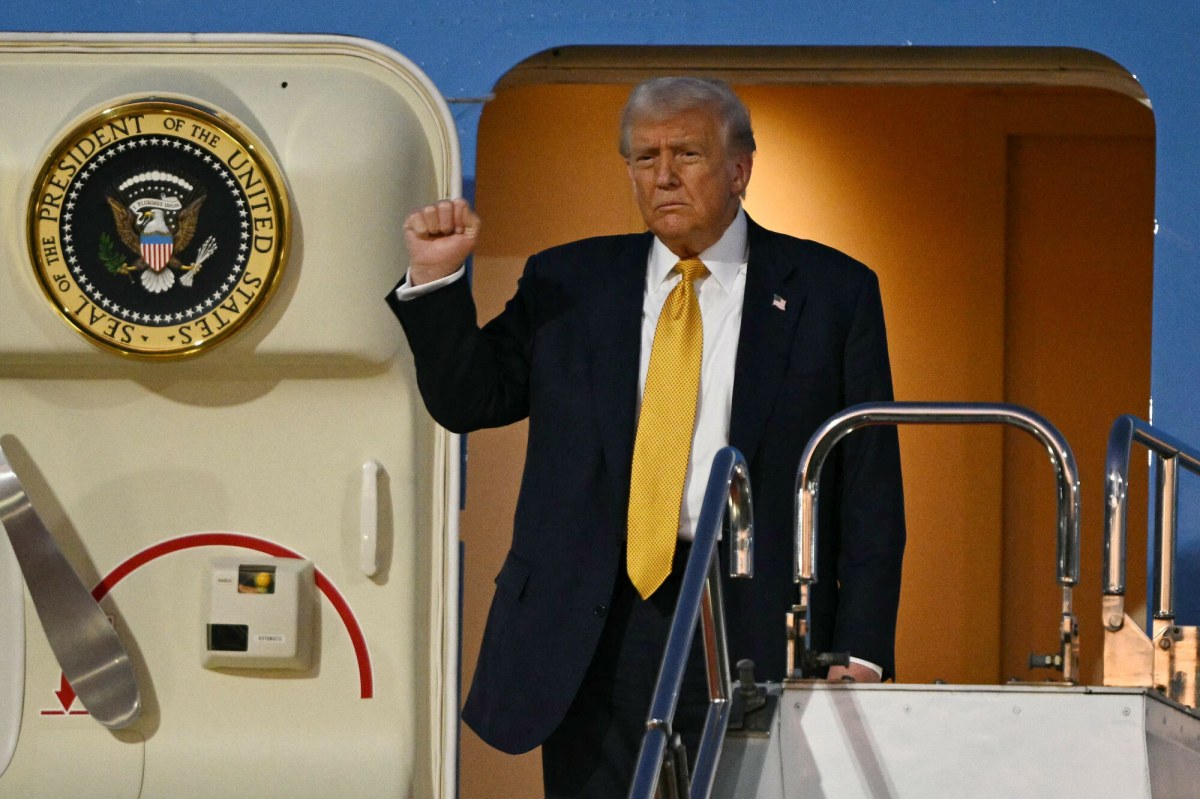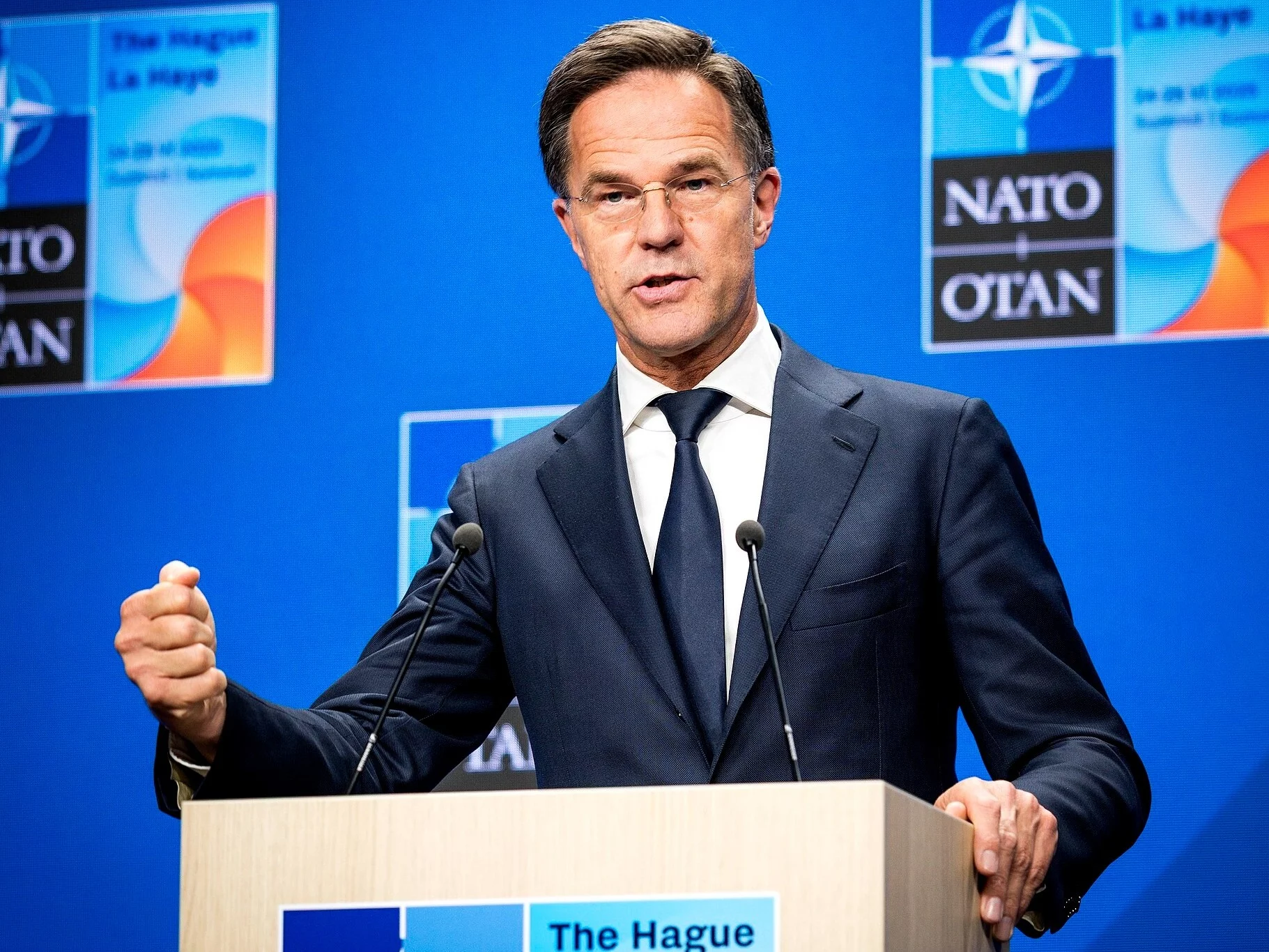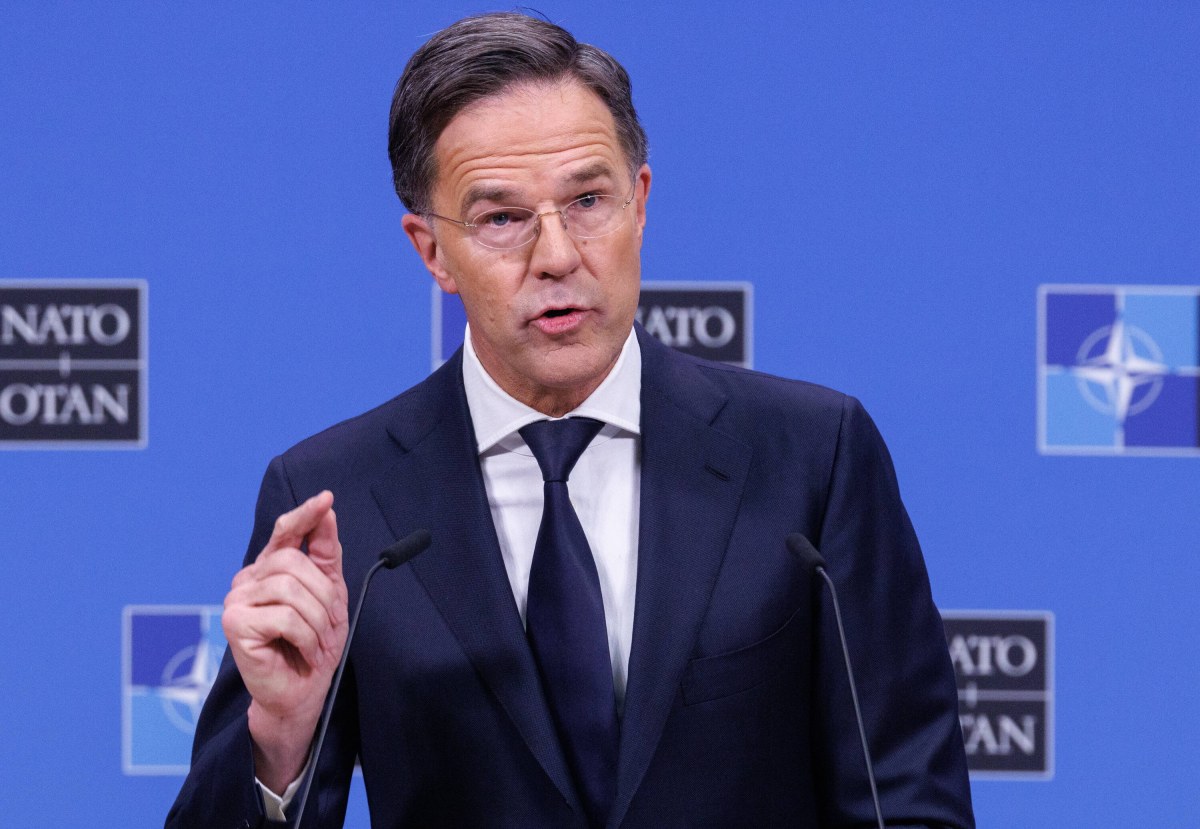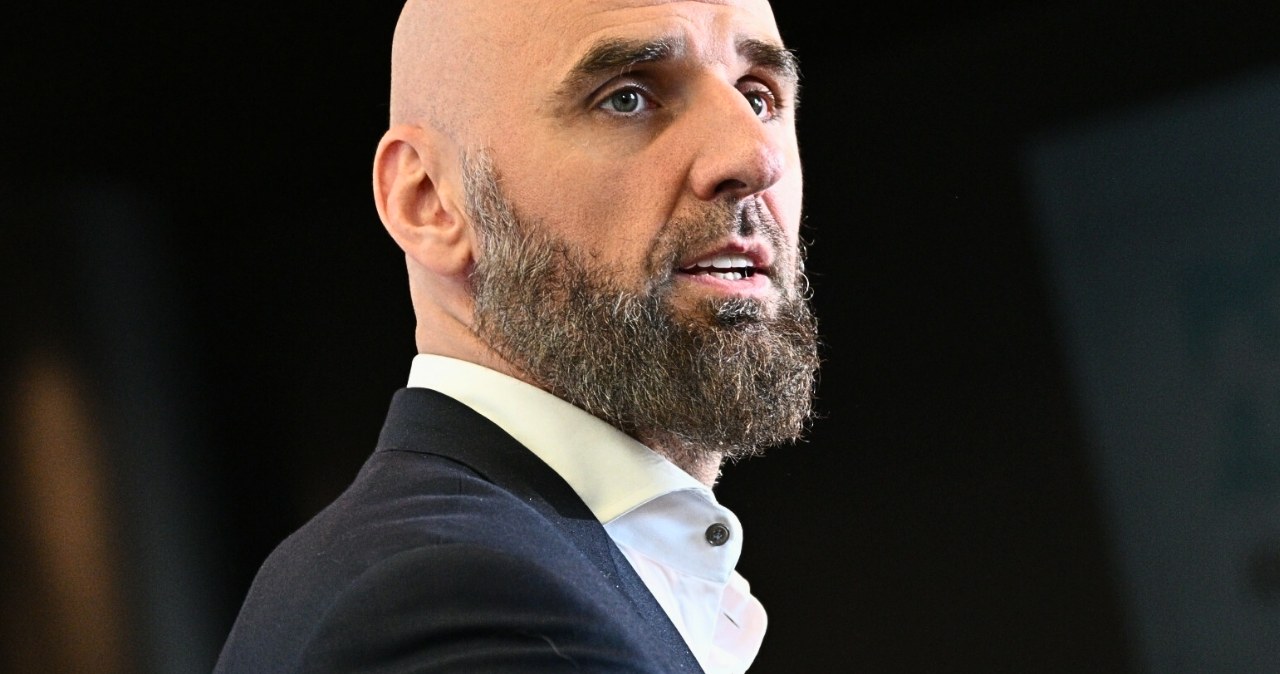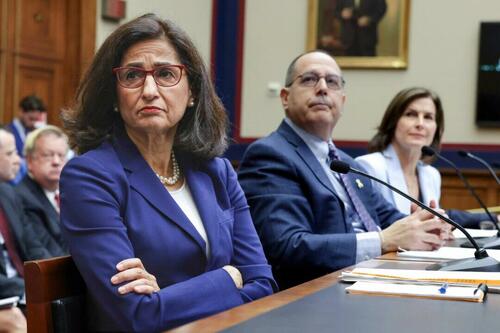
Columbia University President Minouche Shafik Resigns
Authored by Stephen Katte via The Epoch Times (emphasis ours),
Columbia University President Nemat “Minouche” Shafik has resigned from her post effective immediately following months of criticism over her handling of on-campus protests against the war in Gaza.
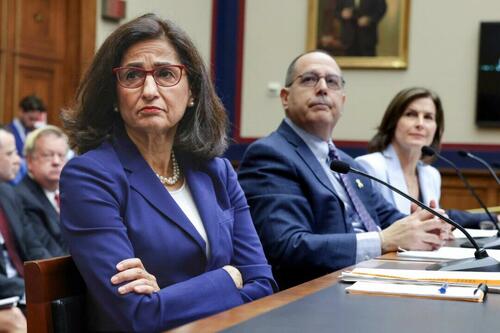 (L–R) President of Columbia University Nemat “Minouche” Shafik, David Schizer, Dean Emeritus, and Harvey R. Miller Professor of Law & Economics, and Columbia Law School, Co-Chair of Board of Trustees at Columbia University Claire Shipman testify before the House Committee on Education & the Workforce at Rayburn House Office Building in Washington on April 17, 2024. (Alex Wong/Getty Images)
(L–R) President of Columbia University Nemat “Minouche” Shafik, David Schizer, Dean Emeritus, and Harvey R. Miller Professor of Law & Economics, and Columbia Law School, Co-Chair of Board of Trustees at Columbia University Claire Shipman testify before the House Committee on Education & the Workforce at Rayburn House Office Building in Washington on April 17, 2024. (Alex Wong/Getty Images)Students set up a pro-Palestinian encampment protesting the war and calling for the school to divest from corporations supporting Israel on April 17.
What followed was a month of chaos and violence between police and protesters, as one encampment was taken down, and a second one popped up. All protest encampments were disbanded by June 2, but critics argued Shafik hadn’t done enough to curb anti-Semitism and broader disruption to the university during that time.
In an Aug. 14 statement, Shafik said her decision to step down had come amid “a period of turmoil,” which she said has taken its toll on her loved ones.
“This period has taken a considerable toll on my family, as it has for others in our community,” she said.
“Over the summer, I have been able to reflect and have decided that my moving on at this point would best enable Columbia to traverse the challenges ahead.”
The university’s website lists Katrina Armstrong as interim president going forward. Armstrong is the university’s executive vice president for health and biomedical sciences. She has led the Columbia University Irving Medical Center since 2022.
It has not been announced when a new president might be appointed or who might be in the running to replace the outgoing Shafik.
New President for Next Term
Shafik only assumed the role of president in July of last year. According to her statement, she will be moving on to a new job with the UK’s foreign secretary.
“In terms of next steps, I am honored to have been asked by the UK’s Foreign Secretary to chair a review of the government’s approach to international development and how to improve capability,” she said.
“I am very pleased and appreciative that this will afford me the opportunity to return to work on fighting global poverty and promoting sustainable development, areas of lifelong interest to me.”
She previously led the London School of Economics and held roles at the World Bank, the United Kingdom’s Department for International Development, and the Bank of England.
A new term is due to start on Sept. 3, and Shafik said the timing of her announcement will ensure a new leader could be put in place before students return.
“I have informed the Board of Trustees, and I would like to express my immense appreciation to them for their support,” she said in the statement.
“I am committed to working with the Interim President to ensure an orderly transition.”
Pressure Mounts on University Leadership
Congress has called in several university leaders over the last year to answer questions about concerns of anti-Semitism on campus. Earlier this year, Claudine Gay from Harvard and Liz Magill from the University of Pennsylvania resigned due to pressures involving Gaza war protests.
Three deans at Columbia University also resigned on Aug. 8 after exchanging texts disparaging Jews during an event exploring anti-Semitism. University officials said in July the administrators in question were going on leave pending an investigation.
Protests swept across college campuses in the United States and around the world since the Hamas terrorist group launched an attack on Israel on Oct. 7, 2023, massacring 1,200 people, most of them civilians, and taking hostage 250 more. Israel responded with a military campaign to neutralize Hamas’s military capabilities in Gaza that were responsible for the attack.
According to the Hamas-run Health Ministry in Gaza, about 40,000 Gazans have been killed since the fighting began. The ministry does not distinguish between combatants and noncombatants in its death counts.
Tyler Durden
Thu, 08/15/2024 – 19:15

 1 rok temu
1 rok temu
